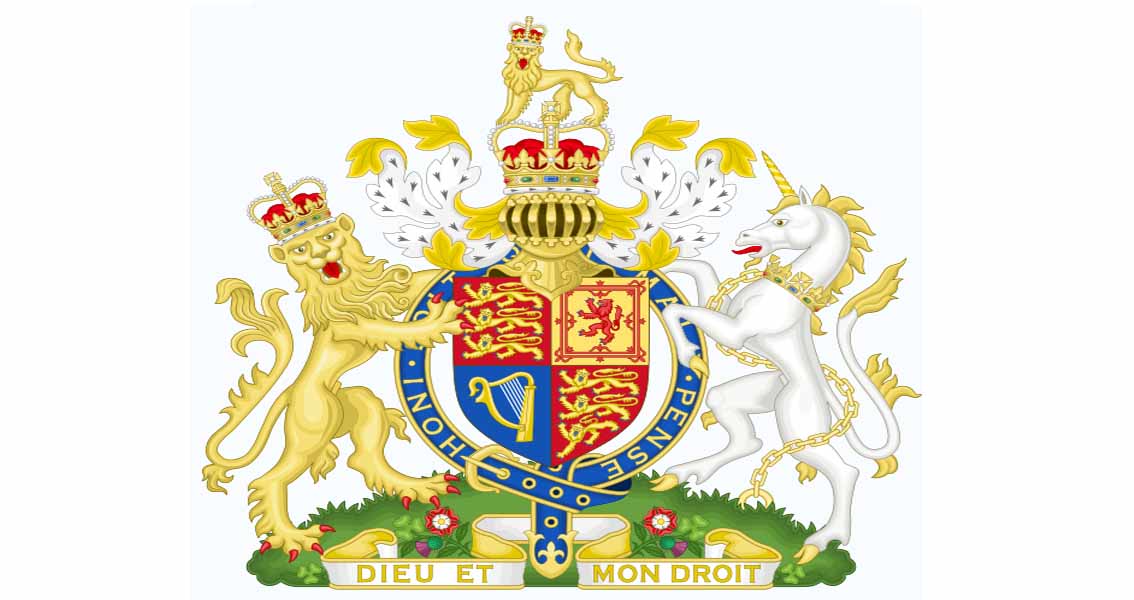
At Animation Apprentice we train digital artists with practical, real-world skills which are aimed squarely at a successful career in digital media. And we like to practice what we preach, by bringing in small freelance jobs to help our students get live experience on client projects.
One of the questions we often get asked by students is – do I have to pay tax on my freelance income? The answer of course is yes. The bad news is, the tax code in the UK runs to 10,000 pages, and there is no human being who knows the whole code. But every freelance artist needs to know at least the basics. Below is a short introduction to how the system works, from a self-employed artist's perspective. It is by no means complete, and it is no substitute for paying a qualified accountant to give you proper advice (which is highly recommended), but it should explain some of the basic rules of tax survival for freelancers, and get you pointed in the right direction.
1. What is a freelancer?
A freelancer is a self-employed person. It means you are running a small business, selling your services. For a more detailed view on what exactly a freelancer is and what they do, see our post here on Portfolio Careers. The key thing about being a freelancer is you work for many different clients. You are independent, you use your own equipment, you work in your own time. You are not an employee of a company (but see para 5 below).
2. Do I need to register as a freelancer?
No. the UK Government is (generally speaking) very business-friendly, and the bureaucracy imposed on small businesses is minimal compared with many other countries. You don't need to register as a freelancer, though you must submit an annual tax return and declare all your freelance earnings.
3. Do I have to pay income tax on my freelance earnings?
Yes – but not immediately. Let's say you invoice a client for £100 for a small animation job. The client pays you £100. No income tax is deducted from that payment – yet. However, that doesn't mean the government doesn't want their percentage. They do, but they will generally wait until the end of the tax year to take it, when you file your income tax return. And you don't have to pay any tax at all until your earnings exceed £10,000 per annum. So, until you start to make proper money, your tax liability will be very small.
4. What is VAT – and do I have to pay it?
VAT stands for Value Added Tax. In plain English, it is a sales tax, levied on almost all the goods and services you and I buy every day. The good news is, you don't need to worry about VAT until your income exceeds around £79,000 per annum. Once you are earning over £79,000 a year, you will have to charge your clients an extra 20% on top of your existing fee, and the hand that 20% VAT over to the Inland Revenue. So, for most of us freelancers, VAT isn't really a problem, until your business grows to become seriously successful.
5. I have a day job at Sainsbury's – can I still work evenings as a freelancer?
Of course! You can combine a day job with freelance animation or digital artwork during evenings and weekends. Lots of artists do just that, while they are establishing their careers. So, you can be an employee during the day, and a freelancer at night.
6. Can I claim expenses against my income?
Yes. You can offset the legitimate costs of the doing business against your profits. Legitimate expenses might include a new computer, Wacom tablet, stationary, computer software and licenses. If you work from home, you can claim a modest part of the cost of heating, renting and lighting your home office. You must keep your receipts for any purchases which relate to the cost of doing business, so that you have proper records.
7. How does that all work in practice?
It works like this: let's say you buy a new computer for £1,000 and you have other legitimate expenses of around £4,000. When you file your tax return, you can offset this against your business income. Say you earned £20,000 in freelance income over the course of the year. You subtract your expenses of £5,000, so you only have to pay tax on your profit of £15,000, not your gross income of £20,000.
 |
| Everyone needs a good accountant |
8. Do I need an accountant to help me figure it out?
You don't necessarily need one – but it is highly recommended. A good accountant, especially one who is familiar with the world of artists and freelancers, knows which expenses are legitimate and which are not. They can save you a good deal of money, entirely within the law.
—Alex